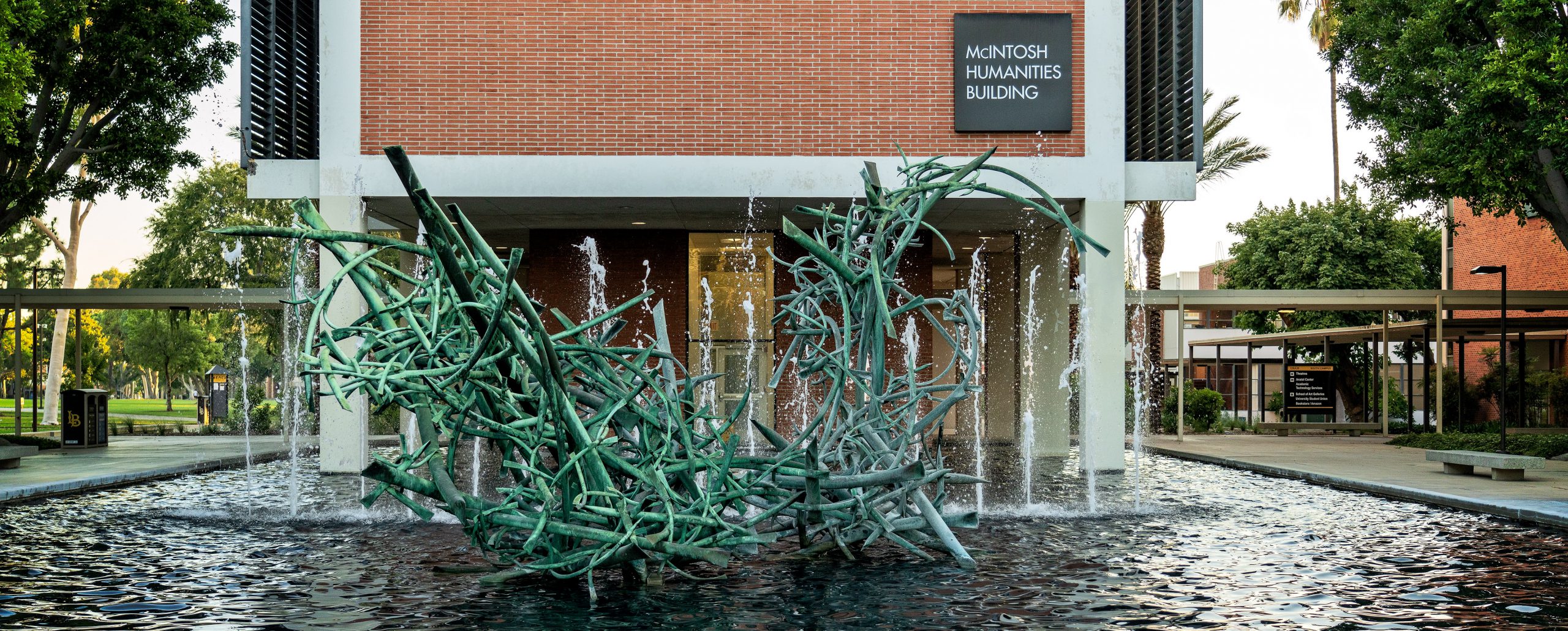Richard Marcus Speaks about his Madagascar Mission
December 19, 2013
International Studies’ Richard Marcus brings an insider’s savvy to the politics of the island nation of Madagascar and its upcoming elections in his book The Politics of Institutional Change in Madagascar’s Third Republic, due at the year’s end.
The former French colony has been in political crisis since the military ousted then-President Marc Ravalomanana and installed Antananarivo Mayor Andry Rajoelina in March 2009. Poverty has increased since, social sectors such as education and health care have deteriorated, infrastructure has weakened, and governance problems have been exacerbated.
Marcus had been working on a book comparing Madagascar’s water sector to Kenya’s.
“When the government of Madagascar was overthrown in 2009, the Ministry of Water and much policy was essentially vacated, putting my research into turmoil and dating my community-level data overnight,” said Marcus, a member of the university since 2006. “As a result of the tumult, I wrote an entirely different book, The Politics of Institutional Change in Madagascar’s Third Republic.”
The book “details the rise of the institutions of the Third Republic (1992-2010), how they formed, and why they looked like models for democratic change before turning to consider, institution by institution, how the institutions themselves have been manipulated in plain sight by leaders looking to champion their own political networks,” he said. “Democratic theory tends to focus on how we consolidate democracy.We as political scientists tend to focus on the replicability of democratic activity like elections. In Madagascar there has been little effort to look beyond a legislature brought in by careful elections but producing legislation serving individuals, the ways in which inchoate political parties distort institutional outcomes and the potential for institutionalization, the weakness of civil society to offer opportunities for popular engagement or even the transmission of information across levels, or the use of donor funder decentralization programs to build a Ministry of the Interior and Decentralization that in actuality served as a powerful and rapid proxy for leadership centralization.”
Marcus wears many hats in Madagascar. From 2008-12 he was the World Bank’s lead researcher for governance on a number of projects, serving as primary author of its seminal Madagascar Governance and Development Review. He also served as a member of the Social Science Research Council Conflict Prevention and Peace Forum/United Nations Department of Political Affairs support team, presenting its findings to the Southern African Development Community peace talks lead team in Maputo.
Marcus is now learning his sixth language, though he demurs, saying he “speaks English poorly and every other language worse.”
“I always tell my students how absolutely critical it is to learn languages to grow as an intercultural citizen and to be prepared for a job almost anywhere in our global economy.”
Marcus has also worked in Kenya, The Democratic Republic of the Congo, Tanzania, Uganda, Israel and the U.S., and has studied in France and Ecuador. He received his B.A. from New York University, his M.A. from UCLA, his Ph.D. from the University of Florida, and completed dual postdoctorates in Globalization and Environmental Studies at Yale University. He is now Associate Professor and Director of The Global Studies Institute and the International Studies Program at CSULB.
Adapted from Inside CSULB‘s larger piece “Marcus’ Madagascar Mission.”
